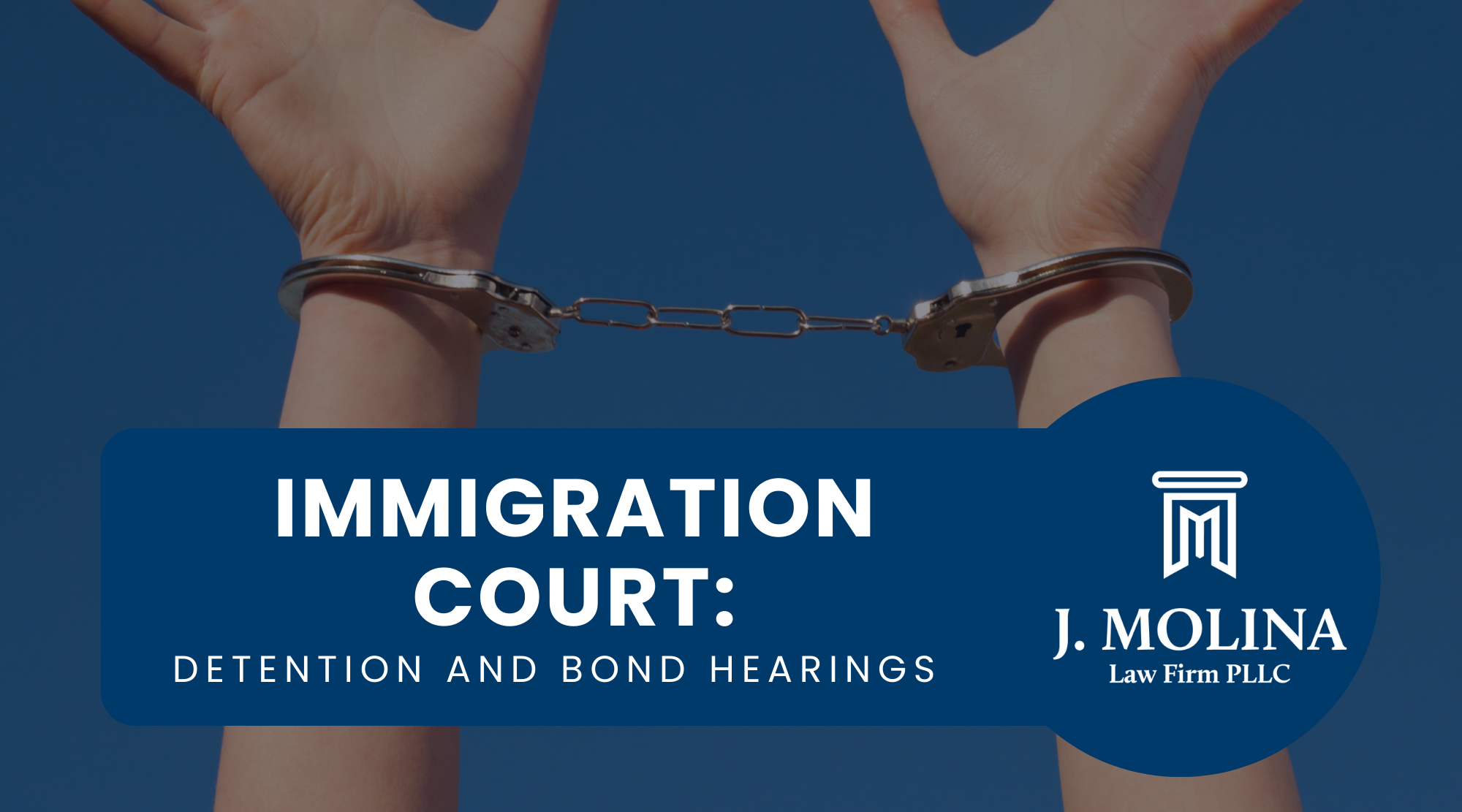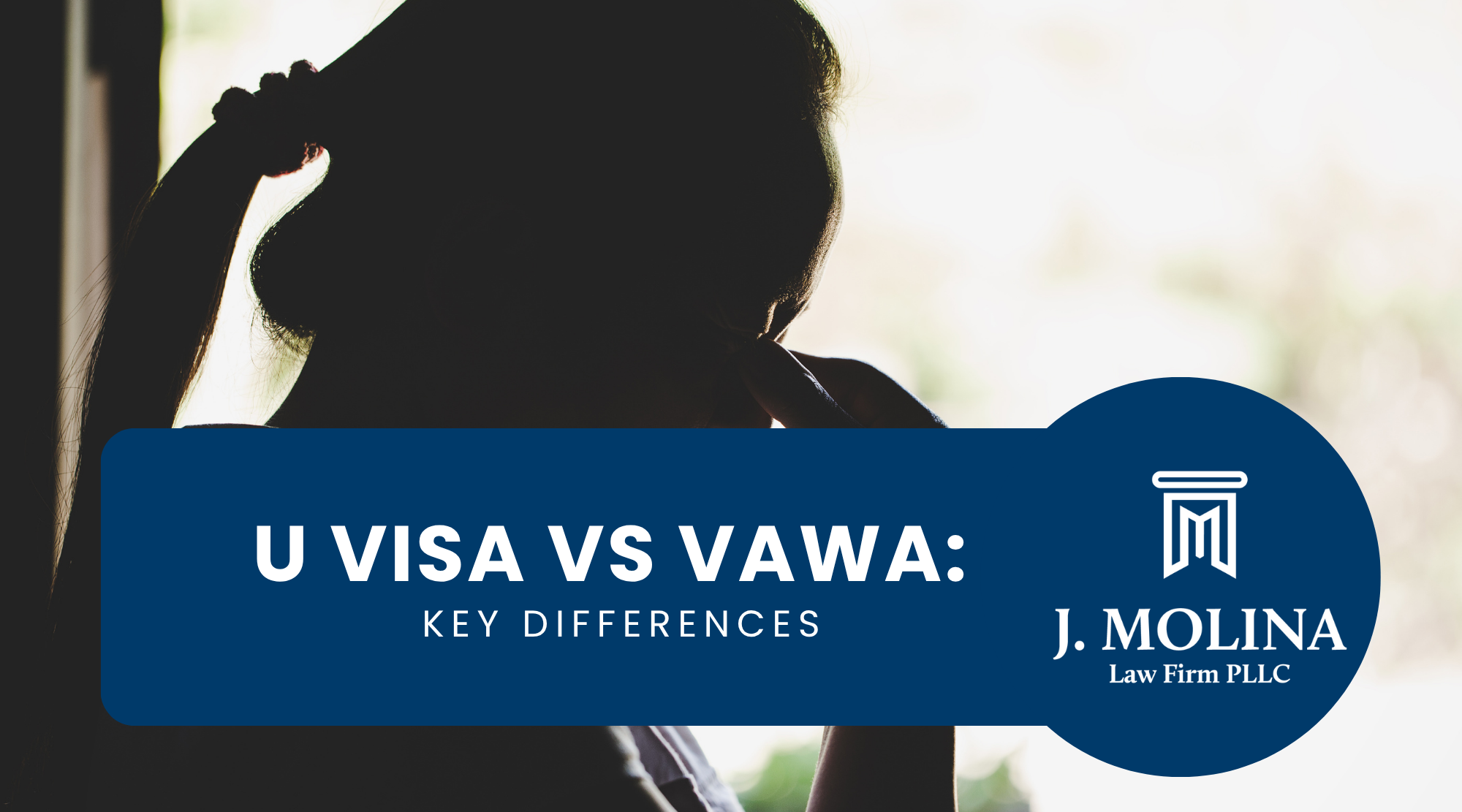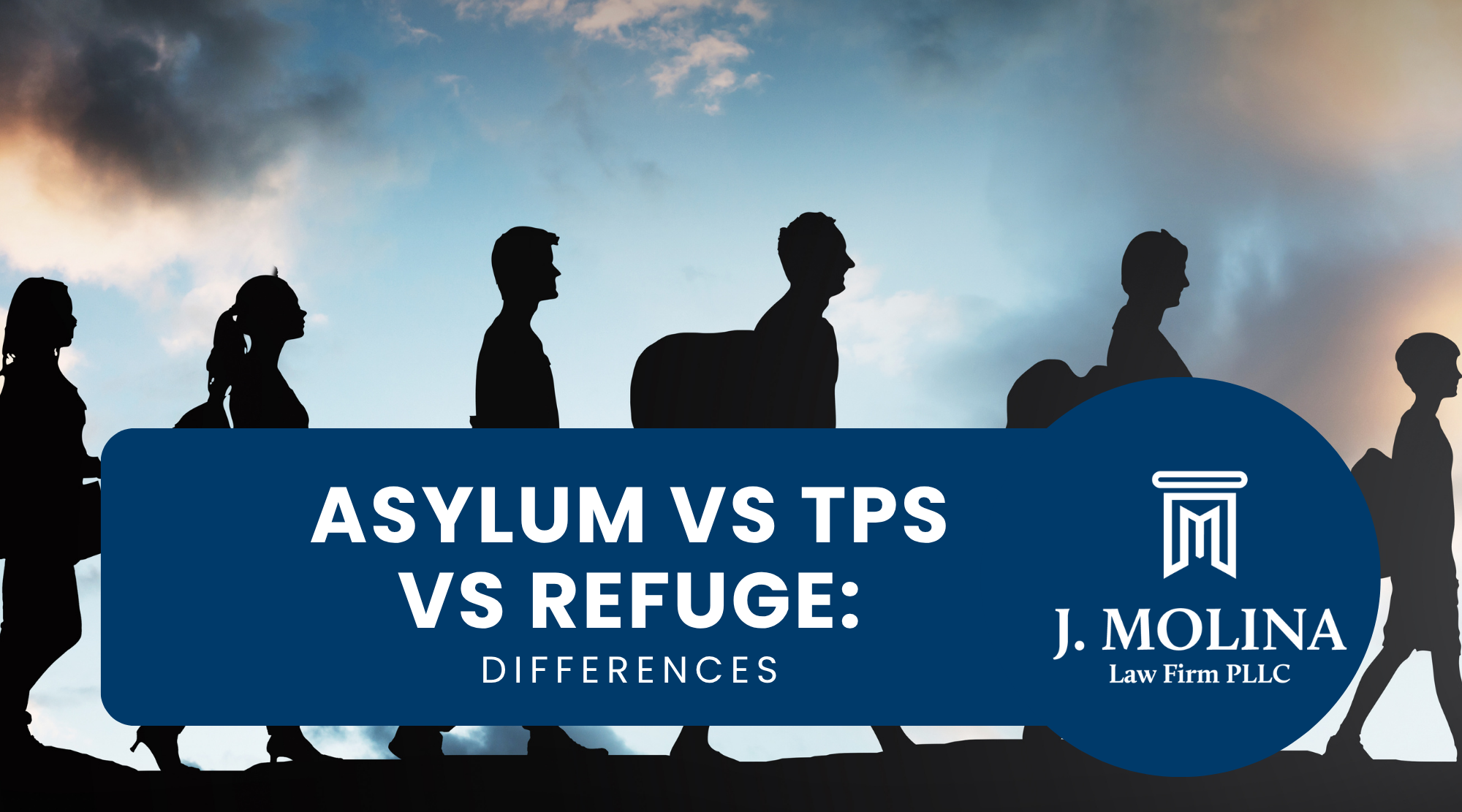If you or a loved one is facing detention and bond hearings, it can feel overwhelming and confusing. Understanding how immigration detention works—and what happens during a bond hearing—can make a big difference in protecting your rights and securing your freedom.
Let’s walk through the key things you need to know.
What Is Immigration Detention?
When someone is arrested by immigration authorities like ICE (Immigration and Customs Enforcement), they may be placed in detention while their immigration case is processed. This can happen if the person:
- Entered the U.S. without permission
- Overstayed a visa
- Has a prior order of removal
- Has certain criminal convictions
Detention centers are not like regular jails, but the conditions can still be difficult. Many immigrants are held for weeks or months unless they’re granted bond.
If a family member has been detained, you can locate them using the ICE Detainee Locator System.
What Are Bond Hearings?
Bond hearings are court proceedings where a judge decides whether a detained immigrant can be released from custody—and if so, how much money must be paid (the bond) to secure that release.
Not everyone qualifies for bond. You may be eligible if:
- You are not a danger to the community
- You are not a flight risk
- You are not subject to mandatory detention due to serious criminal charges
During the hearing, the immigration judge reviews your background, ties to the community, and the likelihood that you’ll attend future court dates.
How to Prepare for a Bond Hearing
Being prepared can make all the difference. Here’s what helps:
- Hire an immigration lawyer: An attorney can present evidence showing you’re eligible for bond and argue for a fair bond amount.
- Gather evidence: Letters from employers, family members, or community leaders can show you’re responsible and have strong ties to the U.S.
- Have a sponsor ready: A friend or relative who is willing to support you and provide housing can strengthen your case.
What Happens After a Bond is Granted?
If the judge grants bond, someone can pay it at an ICE office, and you’ll be released while your immigration case continues. It’s important to attend all future hearings—missing one could lead to another arrest and possible deportation.
Don’t Face Detention Alone—We Can Help
At J. Molina Law Firm, we understand how stressful detention and bond hearings can be. That’s why we fight hard to reunite families and protect your rights. If you or a loved one has been detained, don’t wait. Contact us today for a consultation—we’ll guide you every step of the way.
Contact us now to schedule a consultation. Your future matters.



